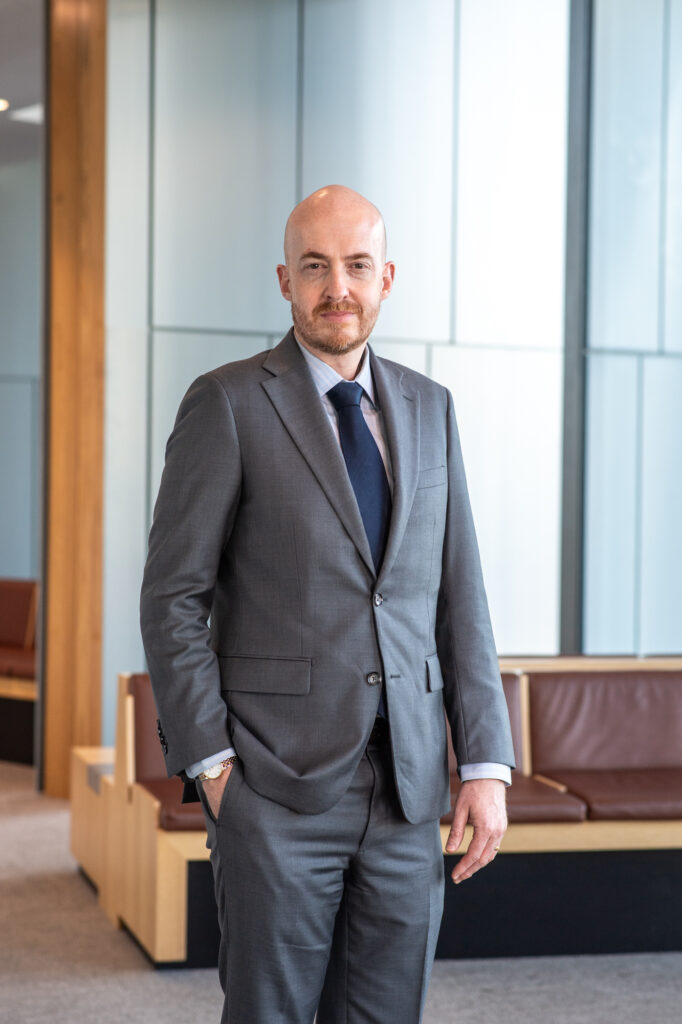
By Dr Aaron Timoshanko, University of Southern Queensland
The legal profession is experiencing an unprecedented wave of change. From the COVID-19 pandemic to rapid technological advancements, lawyers and law firms are facing new challenges that demand innovative responses. A recent study published in the International Journal of the Legal Profession sheds light on how solo, micro, small, and medium-sized (SMSM) law firms in Queensland are adapting to these disruptions.
Key findings
The study highlighted several key findings that reveal how SMSM law firms in Queensland are responding to disruptions:
- Resilience in the face of change: Contrary to the stereotype of lawyers as technology laggards, the study found that Queensland’s SMSM firms demonstrated progressiveness and willingness to innovate. Most practices reported coping well during the COVID-19 pandemic, and respondents felt confident about handling future disruptions.
- Technology adoption: Most firms surveyed use cloud-based practice management software, which facilitated smooth transitions to remote work during lockdowns. Respondents generally held positive attitudes towards technology in legal practice, though some wariness remains.
- Barriers to practice: The study identified three key barriers affecting firms’ ability to address disruption: workload pressures, information overload, and tasks associated with operating a business. Notably, these barriers are more related to human capital than technological or disaster-related disruptions.
- Confidence in handling threats: Interestingly, respondents reported feeling more confident in addressing external threats (like cybersecurity attacks or economic downturns) than internal threats (such as the loss of key staff). This suggests a potential blind spot in business planning and succession strategies.
- Desire for trusted information: Practitioners expressed a strong desire for impartial information and training from trustworthy sources, particularly their professional associations, to help them navigate disruptions and adopt new technologies.
Implications for Queensland’s legal profession
These findings have significant implications for the future of the legal profession in Queensland:
- Enhanced role for professional associations: The Queensland Law Society and other professional bodies have a crucial role to play in providing trusted, impartial information and training to help firms adapt to disruption. This could include educational sessions on technological developments, best practices for selecting new platforms, and strategies for managing emerging threats.
- Focus on business planning: The finding that firms feel less confident handling internal threats highlights the need for greater emphasis on business planning, succession strategies, and risk management. Law societies could provide targeted resources and training in these areas.
- Time management as a critical skill: With workload pressures and information overload identified as major barriers, developing effective time management strategies becomes crucial. Firms may need to explore new technologies and processes to streamline administrative tasks and free up time for strategic planning.
- Cybersecurity awareness: While respondents reported confidence in handling cybersecurity threats, this may indicate overconfidence, given the sophistication of modern cyber-attacks. Increased education and resources on cybersecurity best practices should be a priority.
- Leveraging alternative business structures: The high proportion of incorporated legal practices (ILPs) among respondents suggests that firms are already adopting more flexible business models. This trend could be further encouraged to enhance firms’ adaptability and competitiveness.
- Balancing innovation and ethics: As firms adopt new technologies, including AI tools like ChatGPT, there’s a need for clear guidance on ethical use and best practices. Professional bodies and regulators should work proactively to address these emerging challenges.
The legal profession in Queensland, like elsewhere, is at a crossroads. While SMSM law firms have shown resilience and adaptability, they face significant challenges in navigating an increasingly complex and disruptive landscape.
By focusing on strategic planning, effectively leveraging technology, and tapping into the resources of professional associations, these firms can position themselves not just to survive but to thrive in the face of future disruptions. The key will be balancing innovation with the core ethical principles that have long defined the legal profession.
Author

Dr Aaron Timoshanko is a Senior Lecturer in the School of Law and Justice at the University of Southern Queensland.
Aaron’s main research foci lie in corporate law, accountability, and regulatory theory. Aaron’s PhD thesis was conferred in 2018 by Monash University and was awarded the 2018 Mollie Holman Medal for the best thesis for the Faculty of Law.
Prior to undertaking postgraduate study, Aaron worked in-house and as a solicitor in private practice.




Recent Comments